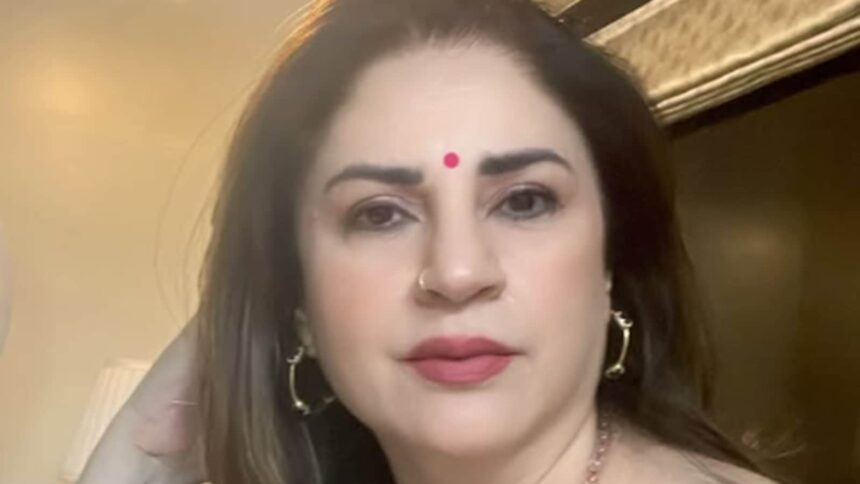Actor Kunickaa Sadanand recently opened up about her , making it clear that casual flings and one-night stands are not something she resonates with.
In a world where modern dating dynamics have evolved to include terms like ‘situationships’ and ‘friends with benefits,’ Kunickaa, who recently admitted that she dated singer Kumar Sanu, prefers a more traditional approach — one that is rooted in long-term commitment and emotional investment.
Speaking in Hindi during an interview with , she shared, “I have never looked at a relationship as a one-night stand or a fling. Every relationship I’ve had in my life, I have always envisioned a future for it and dreamed about it. I don’t understand concepts like one-night stands, friends with benefits, or situationships because, in a way, you’re throwing yourself into something without meaning.”
She continued, “(I respect my body, my mind, and my heart so much that I cannot misuse them in that way. If I’m in it, then it has to be for a future. It’s unfortunate that things didn’t work out, but no matter how long the relationship lasted, it left me with beautiful memories. And even those memories are enough for me to live by.)”
Her statement sparks an interesting discussion on how individuals perceive — whether as a long-term commitment or a momentary connection.
Psychologist Rasshi Gurnani explains that whether someone prefers long-term relationships or casual flings depends on their personality, emotional experiences, and attachment style.
“People who grew up with stable, nurturing bonds often look for committed relationships, seeing intimacy as emotionally meaningful. On the other hand, those with a more may lean toward casual encounters, valuing independence over emotional closeness,” she says.
Personal values also play a significant role — some individuals naturally seek deeper connections, while others enjoy the excitement of fleeting experiences. Gurnani adds that hormones like oxytocin, which promotes bonding, can draw some individuals to lasting relationships more.
“In the end, it all comes down to a mix of emotional wiring and life experiences,” she notes.
When Kunickaa says she can’t see her body in a transactional way, it reflects her strong sense of self-worth and emotional boundaries.
“People with healthy self-esteem often view intimacy as something meaningful, tied to trust and connection, rather than just physical gratification,” Gurnani explains.
Conversely, those with may sometimes seek casual encounters for temporary validation. Body autonomy also plays a big role — when people feel in control of their physical and emotional boundaries, they make more thoughtful and authentic choices about intimacy.
Gurnani highlights that “seeing the body as more than just physical but as part of one’s emotional and spiritual self, often leads to a more intentional and mindful approach to relationships.”








